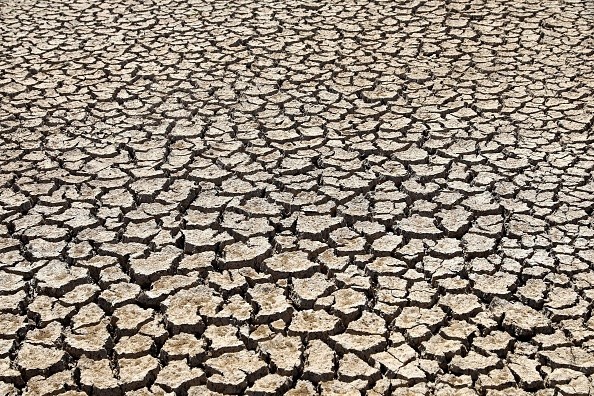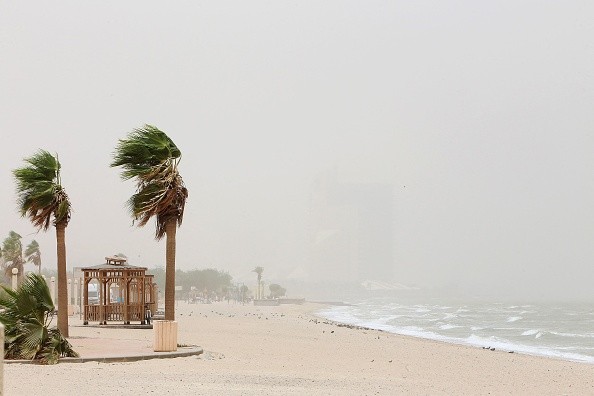Climate hazards including excessive heat, drought, and storms could have 'cascading impacts" that humans all over the world may feel within the next decade, according to research issued ahead of the UN Climate Summit, COP26.

Impacts of Extreme Weather
According to a research by the UK-based policy institution Chatham House, more frequent extreme weather events might lead to increased food insecurity, displacement, and conflict within vulnerable nations by 2030, with follow-on repercussions for entire regions and the global economy.
However, it shows that the consequences of these dangers may be far-reaching.
The study dwells on the opinions of over 200 climate scientists and other experts to determine which urgent climate threats and consequences should worry decision-makers the most in the coming decade.
One of the really worrying things that the research highlighted was that climate change impacts aren't confined to the vulnerable places where they happen. However, because of the exposure of the location where they occur, the consequences are worse than they could otherwise be.
Also Read: Scientists Uses AI to Understand How Disastrous Climate Change Really is
COP26
The findings, which were presented ahead of COP26 in Glasgow (31 October to 12 November), demonstrate that wealthier countries should support climate adaptation in the most vulnerable regions, where the action is urgently needed to address socioeconomic vulnerabilities to climate effects.
Wealthy nations have so far failed to meet commitments of at least US$100 billion per year in climate money to assist developing countries in combating climate change announced during the 2009 Copenhagen climate summit.
With COP26 approaching, all eyes are on what can be done, particularly in terms of decreasing emissions, but one of the main conclusions of the research is that the most essential thing to address in the near term is addressing concerns of adaptation.
Concerns raised by climate scientists and other experts included increased food insecurity in South and Southeast Asia, as well as diminished food security worldwide due to several climatic risks that result in "breadbasket failures."

Climate Change
A senior research fellow at Chatham House and principal author of the paper, Daniel Quiggin, said climate change will be exacerbated by a lack of agricultural resilience, as well as pervasive poverty and inequality in nations that are still developing, particularly in Africa.
The paper advocates for the creation of a comprehensive climate risk registry that identifies the communities most vulnerable to climate hazards, as well as the potential for flooding risks and what can be done to improve resilience.
Finance for climate 'loss and damage,' according to Ritu Bharadwaj, climate governance and finance senior researcher at the International Institute for Environment and Development, will be one of the important topics to address during COP26.
The dangers are occurring now, and vulnerable nations and people throughout the world are losing their lives, livelihoods, and homes - they're been displaced.
All these difficulties will only grow as climate change consequences worsen.
Related Article : Sponsors Criticizes COP26 Claiming the Climate Summit is "Mismanaged"
For more news, updates about extreme weather and similar topics don't forget to follow Nature World News!
© 2025 NatureWorldNews.com All rights reserved. Do not reproduce without permission.





